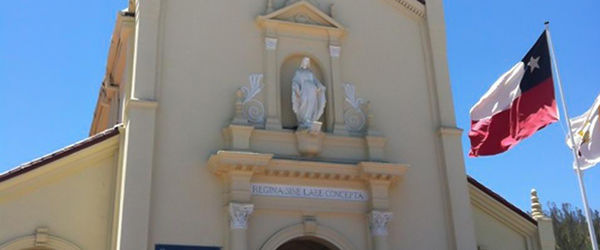As we mark the 50th anniversary this year of the Second Vatican Council, there are some of us who may remember (and appreciate) its landmark significance — and others who were either unaware, or may not even have been born.To help us all, young or old, learn more about this historic time in the life of the 20th Century Catholic Church, we have “Vatican II: 50 Personal Stories,” edited by William Madges and Michael Daley (Orbis Press, 2012).The book is divided into six parts, each dealing with a particular aspect of the Council. The editors begin with an overview of the Council itself with very short reflections by a collection of authors including Francix X. Murphy, Joan Chittester and Michael Novak. Each presents a personal remembrance of the historic event. One can only appreciate the work of the editors who have been able to bring to the reader a perspective that represents the writer’s stand, be it from the left or right or the middle. This is true of each of the sections on liturgy, the Church’s self-understanding, revelation, ecumenism or social justice.I found myself skipping through the table of contents looking for theologians, both living and deceased, whose words even now give us a sense of the import of Vatican II. It was especially moving to read the essays by Mary Luke Tobin, Monika Hellwig and Robert Drinan. We realize how blessed the Church was to have American heroes such as these during and after the halcyon days of the Council. As Mary Luke Tobin writes at the conclusion of her short article: “Although in many places it appears that the promises of Vatican II have not occurred, to me it seems that the event of Vatican II was a special epiphany of hope for the church in our time. The council was a door opened wide, too wide to be closed” (p. 230).On a personal note: I wish the late Anita Caspary, IHM, past Immaculate Heart Community president and author of “Witness to Integrity” (Liturgical Press, 2003) who died Oct. 3, 2011, was alive to add her viewpoint to this splendid collection, It would help readers understand the growing restlessness among religious women today. Perhaps the current issues that the Leadership Council of Women Religious are facing will prompt another Vatican Council, one in which women are able to speak for themselves on issues that affect not only their lives but that of all people.Dr. Alexis Navarro, a member of the Immaculate Heart Community, is Professor Emerita, Religious Studies, at Mount St. Mary’s College, Los Angeles.

